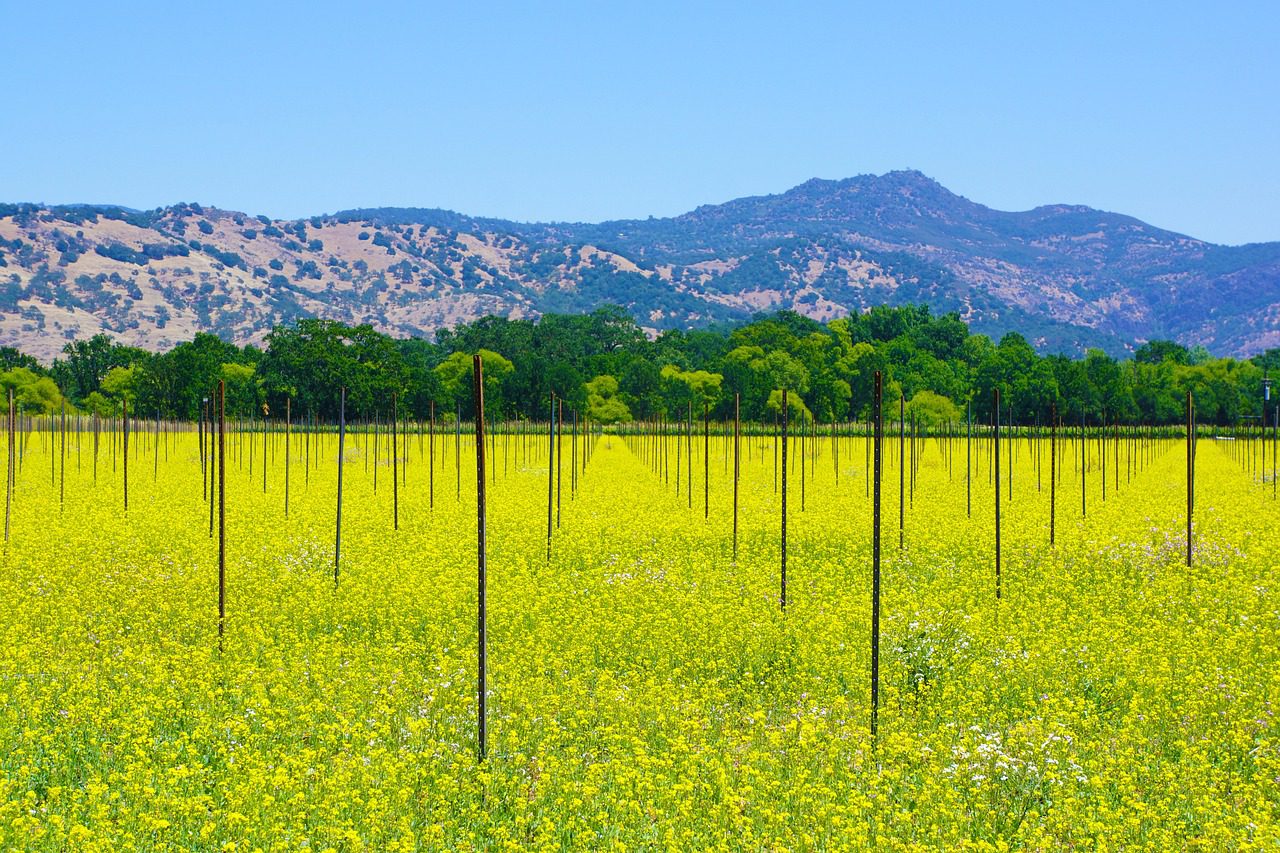October 25, 2023 — California Governor Gavin Newsom signed Assembly Bill 779 (AB 779) into law on October 10, bringing changes to groundwater adjudication in the state.
(AB 779) into law on October 10, bringing changes to groundwater adjudication in the state.
According to LegalPlanet , AB779 “will change the adjudication process in ways that benefit smaller parties. Courts will need to consider ‘the water use of and accessibility of water for small farmers and disadvantaged communities’ while making a judgment. The groundwater sustainability agency (GSA) in a given basin will receive all pleading and briefing materials from involved parties. The new law will allow the court to refer groundwater adjudications to the State Water Resources Control Board, helping courts to better scientifically understand groundwater use in a basin. Because adjudications can go on for years, there will now be precautionary measures to prevent the over-pumping of groundwater while the parties await an adjudication ruling.”
, AB779 “will change the adjudication process in ways that benefit smaller parties. Courts will need to consider ‘the water use of and accessibility of water for small farmers and disadvantaged communities’ while making a judgment. The groundwater sustainability agency (GSA) in a given basin will receive all pleading and briefing materials from involved parties. The new law will allow the court to refer groundwater adjudications to the State Water Resources Control Board, helping courts to better scientifically understand groundwater use in a basin. Because adjudications can go on for years, there will now be precautionary measures to prevent the over-pumping of groundwater while the parties await an adjudication ruling.”
In simple terms, some of the provisions include:
Groundwater Adjudication and Sustainability Plans.
Existing California law already lays the groundwork for adjudicating groundwater rights. AB 779 adds a new layer of requirements specifically related to groundwater sustainability. Here are the key points:
adds a new layer of requirements specifically related to groundwater sustainability. Here are the key points:
- Appointment of a Responsible Party: In cases involving basins required to have a groundwater sustainability plan, the court must appoint one party to send case management orders, judgments, and interlocutory orders to the groundwater sustainability agency within 10 business days.
- Sharing Costs Equitably: The court will determine how to distribute the costs incurred by the appointed party fairly among all involved parties.
- Transparency: The groundwater sustainability agency must post these documents on its website within 20 business days of receiving them, ensuring transparency and accessibility.
- State Water Resources Control Board Involvement: The court can seek assistance from the State Water Resources Control Board for investigation and reporting to make informed judgments.
- Consideration for Small Farmers and Disadvantaged Communities: Before entering a judgment, the court must take into account the water use and accessibility for small farmers and disadvantaged communities.
Sustainable Groundwater Management Act.
AB 779 also affects the Sustainable Groundwater Management Act (SGMA), which governs groundwater management in high- or medium-priority basins. The legislation introduces several changes:
also affects the Sustainable Groundwater Management Act (SGMA), which governs groundwater management in high- or medium-priority basins. The legislation introduces several changes:
- Continuous Reporting: Groundwater sustainability agencies must submit copies of their reports to the court during adjudication proceedings.
- Monitoring and Reporting Continuity: All monitoring and reporting required under groundwater sustainability plans or interim plans must continue throughout the adjudication process.
- Public Awareness: Upon notice of an adjudication, groundwater sustainability agencies must hold public meetings to explain the process and status to water users and the public. The meeting details must be posted online.
- State Board Participation: The State Water Resources Control Board or the Department of Water Resources may participate in these meetings to assist in explaining the adjudication process.
Effective Implementation.
AB 779 is set to be effective in basins where comprehensive adjudication has not commenced by January 1, 2024. It aims to streamline the adjudication process, improve transparency, and ensure that groundwater management aligns with the needs of small farmers and disadvantaged communities.
The Cuyama Valley and Expensive Lawyers.
Western Livestock Journal reports that the adjudication process is currently taking place in the Cuyama Valley, located southwest of Bakersfield in northern Santa Barbara County. The Journal writes
reports that the adjudication process is currently taking place in the Cuyama Valley, located southwest of Bakersfield in northern Santa Barbara County. The Journal writes that, “Cuyama Valley is one of California’s 21 overpumped or “critically overdrafted” basins. The valley is a significant carrot-producing region, with Grimmway Farms and Bolthouse Farms growing a majority of the crop in the region. The two companies filed suit in 2021 over groundwater rights and priorities of all parties using the system, including valley residents. According to the Associated Press (AP), the lawsuit resulted in a call for a boycott of the two companies. Signs have been erected over the area, reading ‘Stand with Cuyama.'”
that, “Cuyama Valley is one of California’s 21 overpumped or “critically overdrafted” basins. The valley is a significant carrot-producing region, with Grimmway Farms and Bolthouse Farms growing a majority of the crop in the region. The two companies filed suit in 2021 over groundwater rights and priorities of all parties using the system, including valley residents. According to the Associated Press (AP), the lawsuit resulted in a call for a boycott of the two companies. Signs have been erected over the area, reading ‘Stand with Cuyama.'”
The adjudication has affected everyone in the region, creating financial burdens due to the need to hire legal counsel.


Leave a Reply